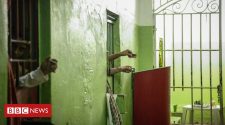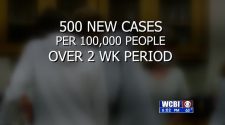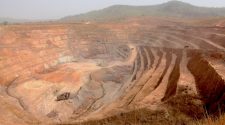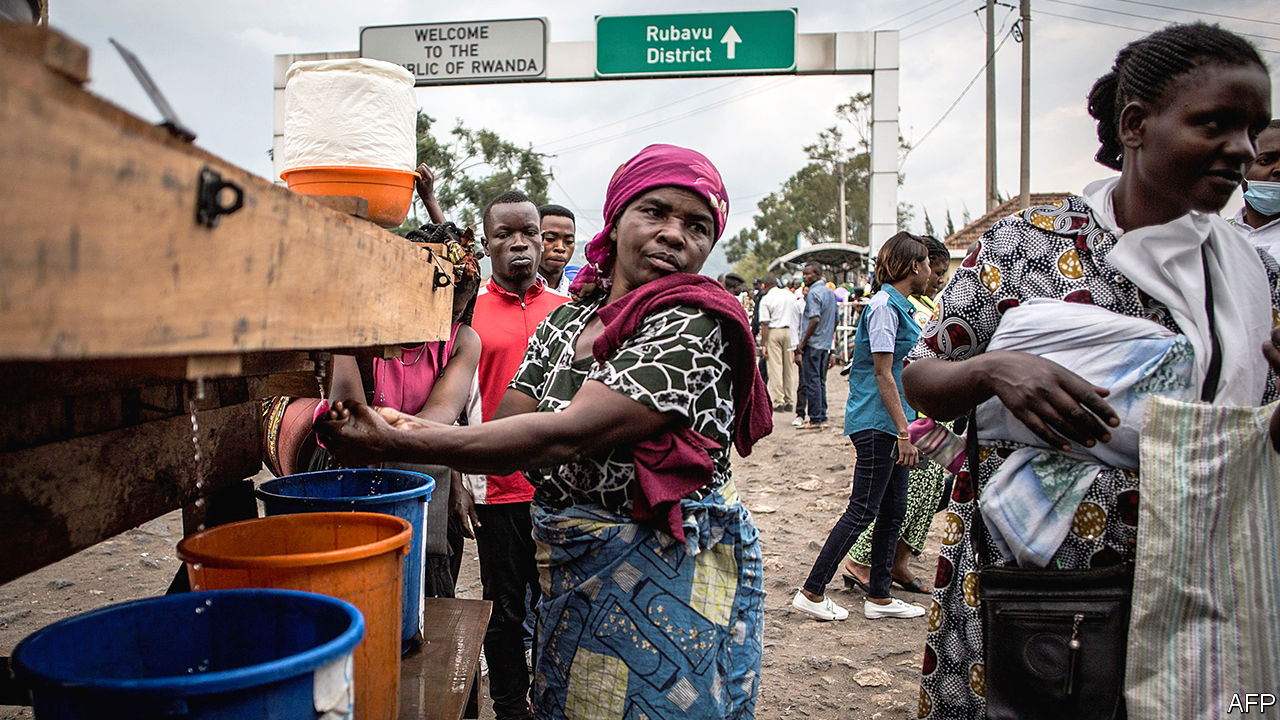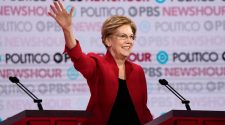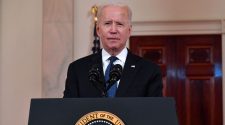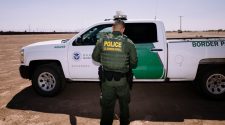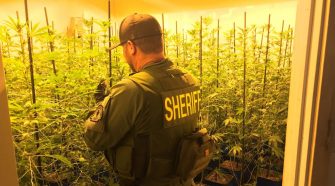EBOLA SHOULD never have made it to Goma, the second biggest city in the east of the Democratic Republic of Congo. It did because a pastor, who had been in Butembo apparently trying to cure patients by laying hands on them, then travelled back. At each of the three health checkpoints he passed through, he gave a fake name, keeping his temperature down with heavy doses of paracetamol. On arriving in the city, he checked into a clinic where he tested positive for the disease; he died in an ambulance some hours later while being taken to a treatment centre back in Butembo.
Such are the difficulties health workers face when trying to stop the spread of Ebola, the latest outbreak of which has now killed almost 1,700 people in Congo. It is the second biggest outbreak ever, after the one in west Africa in 2014-2016, and the first to happen in a war zone, where doctors have to worry about guerrillas with machetes, not just the virus. On the evening of July 17th, Tedros Adhanom Ghebreyesus, the director-general of the World Health Organisation (WHO), announced he had been advised by the WHO’s emergency committee to declare the disease a “public health emergency of international concern”, only the fifth in history.
Officials long dreaded the moment the virus makes it to Goma. The city has a population of 2m people, cramped between Lake Kivu and Mount Nyiragongo, an active volcano. It directly abuts the Rwandan city of Gisenyi, and thousands cross the border each day. Until now the virus has been contained in regions with lousy roads that are hard to access. In a densely populated urban area, it could be much harder to keep track of those whom patients might have touched.
So far, however, the situation seems to be under control. No other cases have been reported in the city and the Congolese ministry of health and the WHO have been busy vaccinating anyone who could possibly have touched the pastor. Outside the scruffy clinic where he turned himself in, rows of fidgeting children and their mothers sit around on plastic chairs, waiting for nurses to prick their arms. Roughly 200 people have been vaccinated in Goma.
Dr Tedros’s declaration came as a surprise to many aid workers. “[Ebola] really becomes a problem when a chain of transmission is launched,” says Tariq Riebl of the International Rescue Committee, an NGO. Declaring an emergency will not change the nature of the response, says Oly Ilunga, the Congolese minister of health. Previously, doctors had worried that declaring an emergency might lead other countries to close their borders. In west Africa, that hampered the response, as sick people avoided checkpoints. Now the WHO says that more international co-ordination is needed, especially given the threat of a spread to Rwanda, which is thought to be less well prepared than Congo and Uganda.
But the response is also running desperately low on funds. The next phase will need roughly $233m, says the WHO, and donor countries have so far not contributed enough. Some suspect that declaring an emergency is an attempt to unlock some cash. That sets an awkward precedent, says David Heyman of the London School of Hygiene and Tropical Medicine.
In Goma, buckets of chlorinated water alongside health workers armed with thermometers are stationed throughout the city. Residents greet one another coolly, with nods and fist bumps instead of effusive Congolese handshakes and kisses.■


